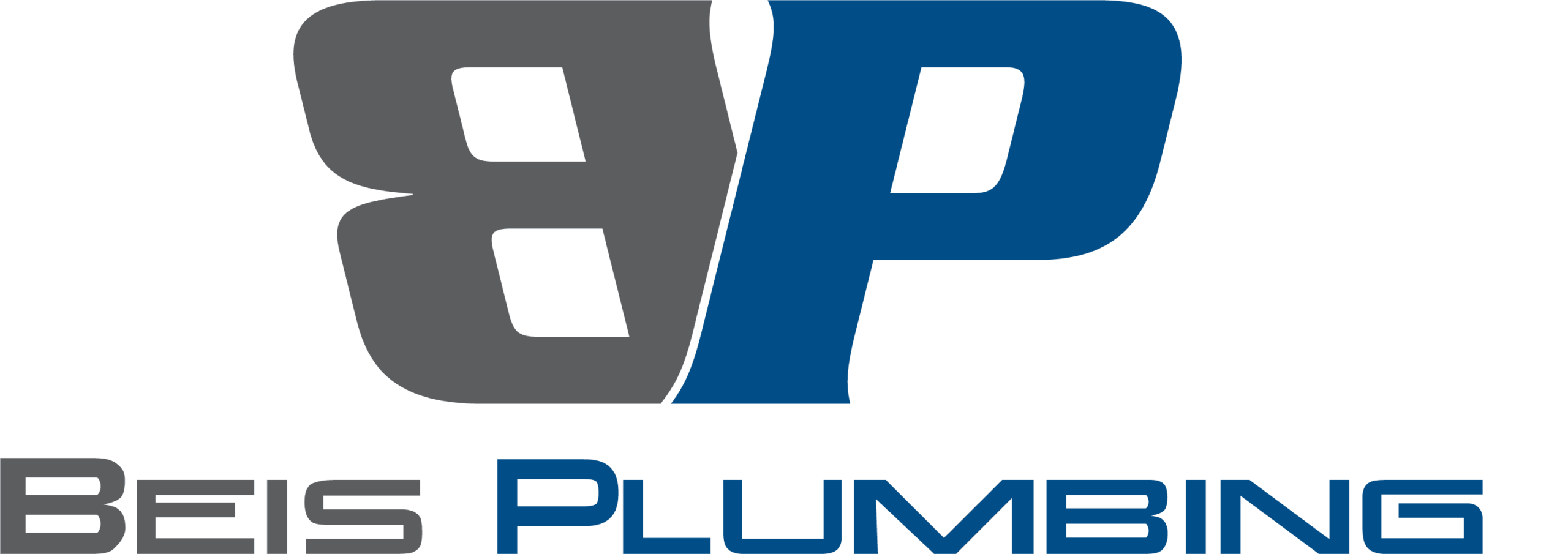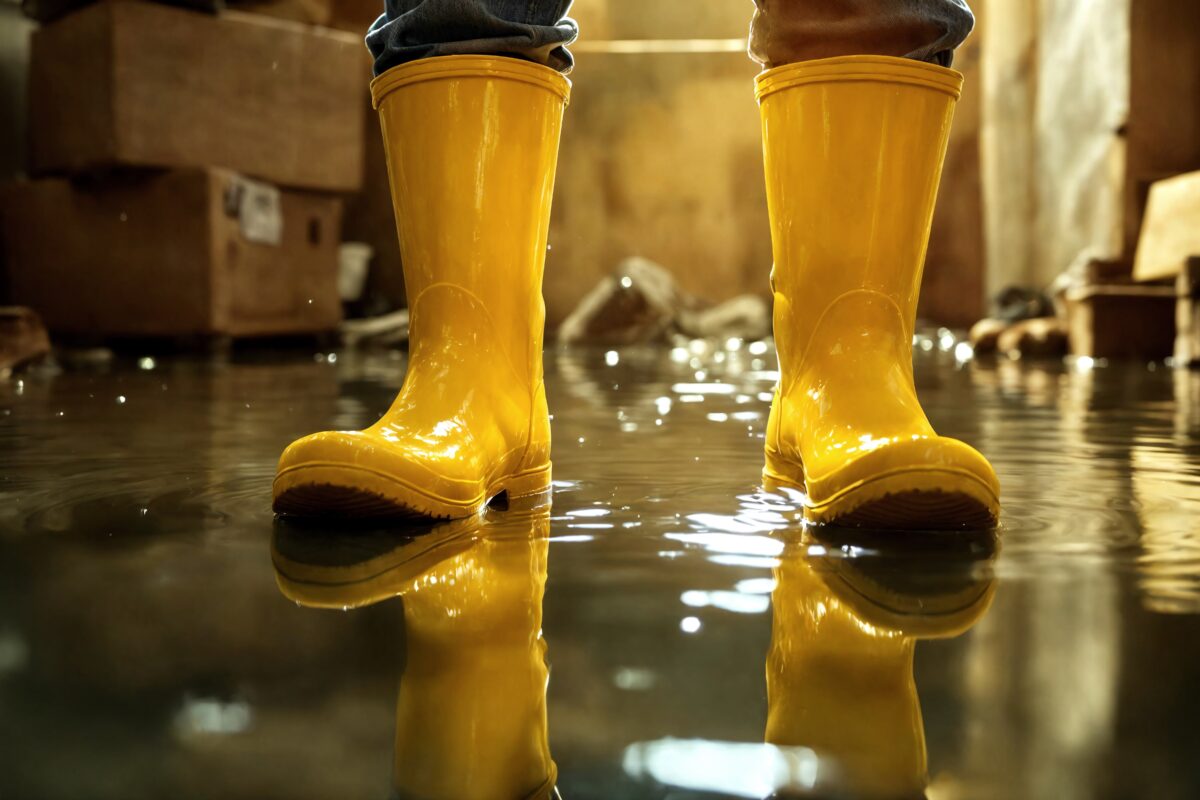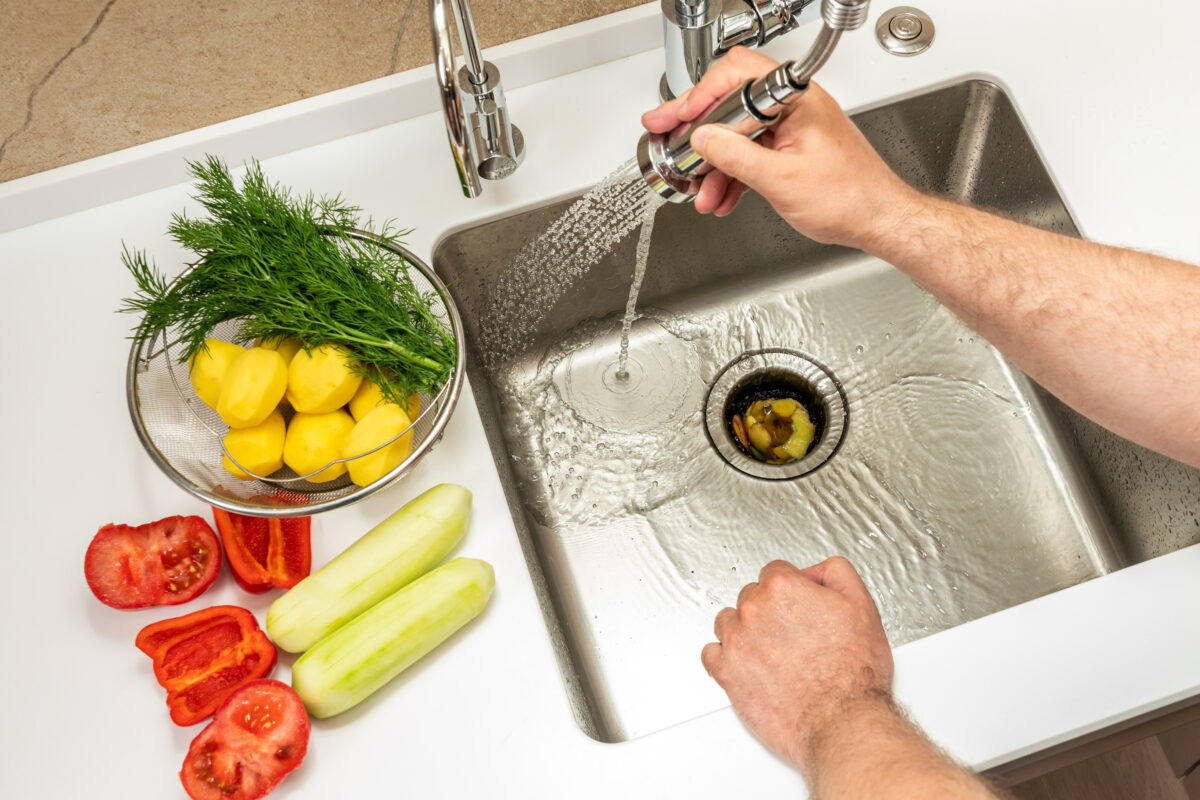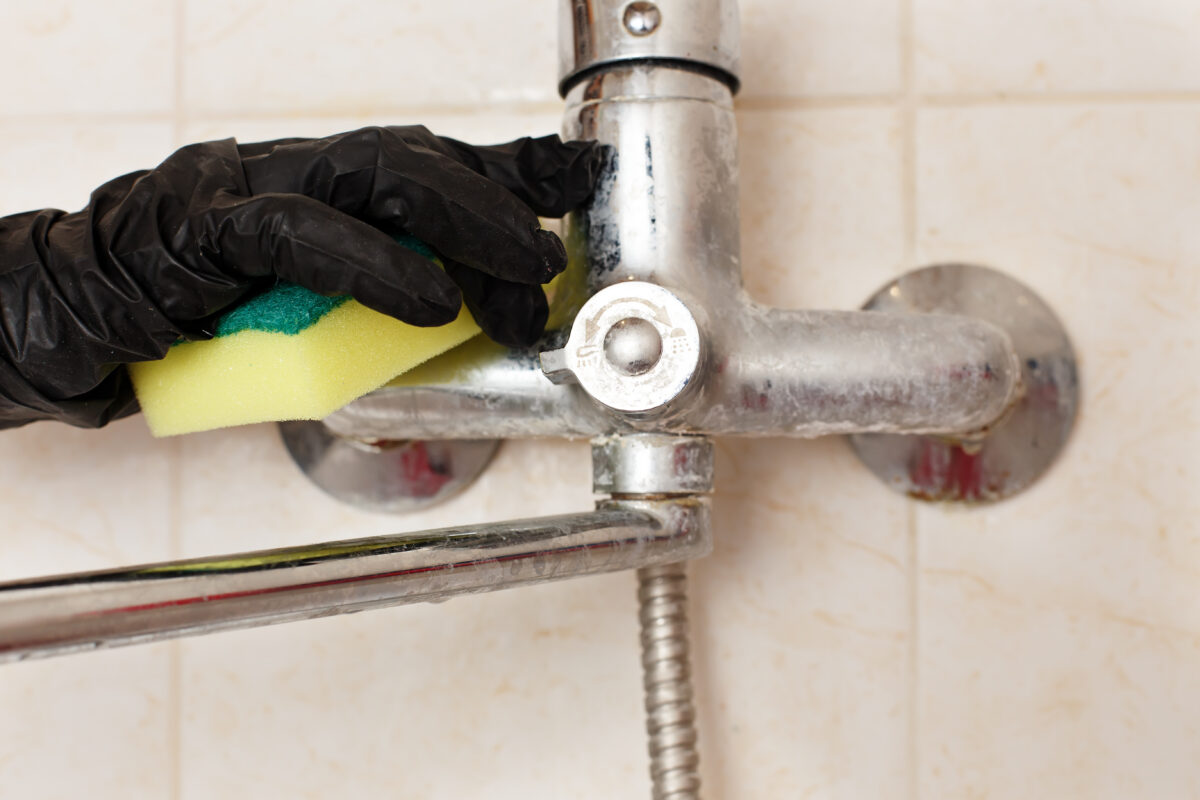The Ultimate Guide to Basement Flooding Prevention
Basement flooding is one of the most frustrating and expensive home disasters a homeowner can face. From ruined furniture and damaged walls to the risk of mold, a flooded basement isn’t just a nuisance, it’s a serious threat to your property’s value and safety. The good news? Most causes of basement flooding are preventable with the right preparation and professional help.
Common Causes of Basement Flooding
Understanding why basements flood is the first step to preventing it. Some of the most frequent culprits include:
- Sump pump failure – A faulty or overwhelmed sump pump can’t remove water quickly enough.
- Foundation cracks – Water seeps in through gaps in your basement walls or floor.
- Poor drainage – Gutters and downspouts that direct water too close to the home create pooling near the foundation.
- Sewer backups – Heavy rains can overwhelm city sewers, sending wastewater back into your home.
How to Prevent Basement Flooding
The best way to protect your basement is with proactive maintenance and smart upgrades. Here are the most effective solutions Beis Plumbing recommends:
- Install or upgrade a sump pump – This is your first line of defense against rising groundwater.
- Add a battery backup system – In case of a power outage during a storm, your sump pump will still work.
- Consider a backwater valve – This prevents sewage from backing up into your home during heavy rain.
- Schedule regular plumbing inspections – Catch small issues before they become major problems.
- Keep gutters and downspouts clear – Direct water at least 6 feet away from your foundation.
Simple Maintenance Tips Year-Round
Preventing basement flooding isn’t just about big upgrades; it’s also about smart habits. Each season, make it a point to:
- Test your sump pump to ensure it activates and drains properly.
- Inspect for foundation cracks and have them sealed if needed.
- Check that downspouts and grading move water away from your home.
These small steps go a long way in keeping your basement dry.
Why Call Beis Plumbing?
At Beis Plumbing, we’ve seen firsthand how devastating basement flooding can be, and we know how to stop it. Our licensed team specializes in sump pump installation, sewer line protection, and waterproofing solutions designed for homes in this area. We’re local, experienced, and ready to help before trouble starts.
Don’t Wait Until It’s Too Late
Basement flooding can happen fast, but so can prevention. If you’ve noticed signs of moisture, haven’t checked your sump pump recently, or just want peace of mind, schedule an appointment with Beis Plumbing today. Contact Beis Plumbing.





